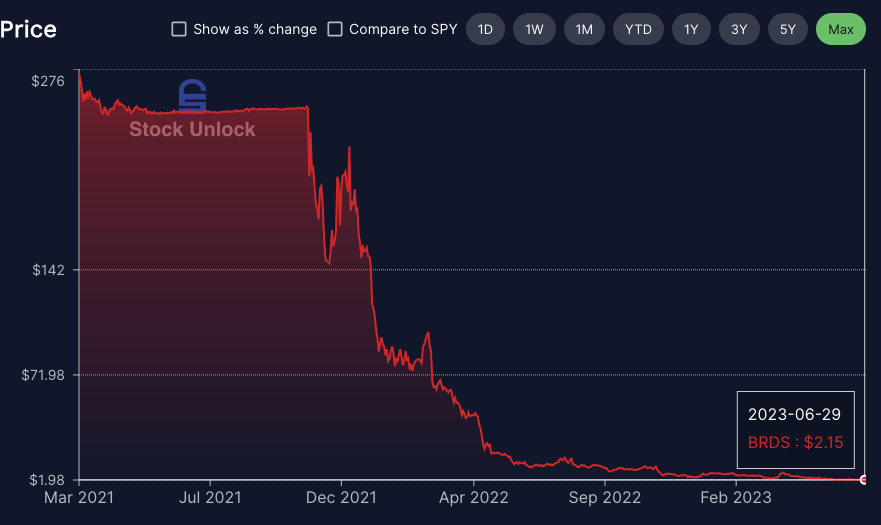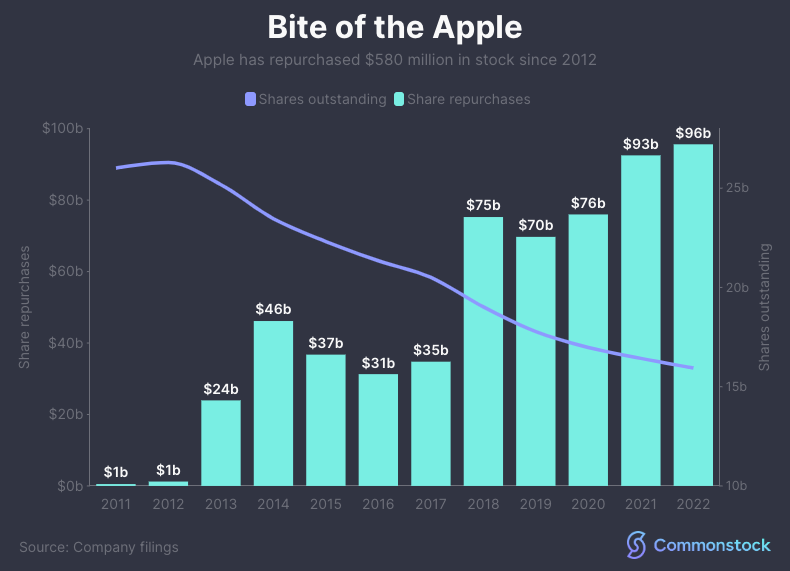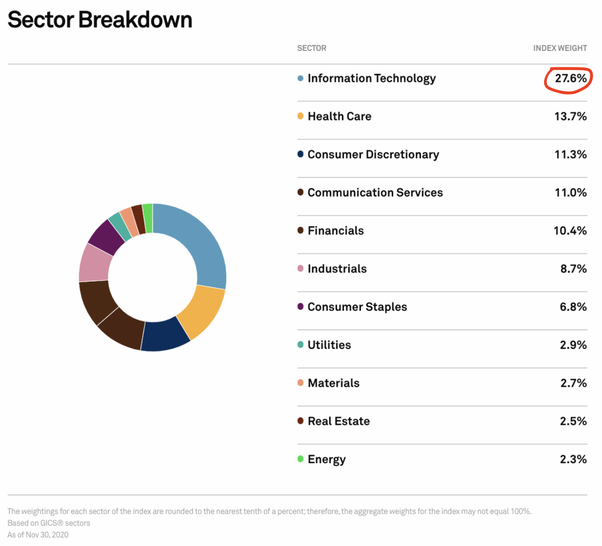Spotify, the world’s leading music streaming service, today announced strong financial results for the second quarter of 2023. The company’s revenue grew 11% year-over-year to €3.2 billion, and its monthly active users (MAUs) grew 27% to 551 million. Spotify’s premium subscribers grew 17% to 220 million, and its advertising revenue grew 30% to €243 million.
Spotify’s CEO, Daniel Ek, said that the company is “very pleased” with its second quarter results. He attributed the company’s growth to its “strong global expansion,” its “continued focus on innovation,” and its “growing partnerships with the music industry.”
Ek also said that Spotify is “well-positioned for continued growth in the years to come.” He pointed to the company’s “large and growing user base,” its “strong financial position,” and its “continued investment in innovation” as reasons for his optimism.
Spotify’s results come at a time when the music streaming industry is booming. In 2022, the global music streaming market was worth an estimated $25.6 billion. This is up from just $7.3 billion in 2015. The growth of the music streaming industry is being driven by a number of factors, including the increasing popularity of smartphones and tablets, the growing availability of high-speed internet, and the rising cost of traditional music formats, such as CDs and vinyl.
Spotify is one of the leading players in the music streaming industry. The company has a significant market share in both developed and emerging markets. Spotify is also one of the most innovative companies in the industry. The company has been at the forefront of developing new features, such as personalized playlists and podcasts.
Spotify’s strong financial results and its leading position in the music streaming industry suggest that the company is well-positioned for continued growth in the years to come.
Here are some additional details from the article:
- Spotify’s adjusted gross margin was 25.5% in the second quarter, which was in line with guidance.
- Spotify’s adjusted operating loss was €112 million in the second quarter, which was better than guidance.
- Spotify’s free cash flow was €143 million in the second quarter, which was its highest ever quarterly free cash flow.
Spotify’s management team is optimistic about the company’s future. They said that they expect Spotify to continue to grow its user base and revenue in the years to come. They also said that they are committed to investing in innovation and partnerships with the music industry.thumb_upthumb_downtuneshareGoogle it


